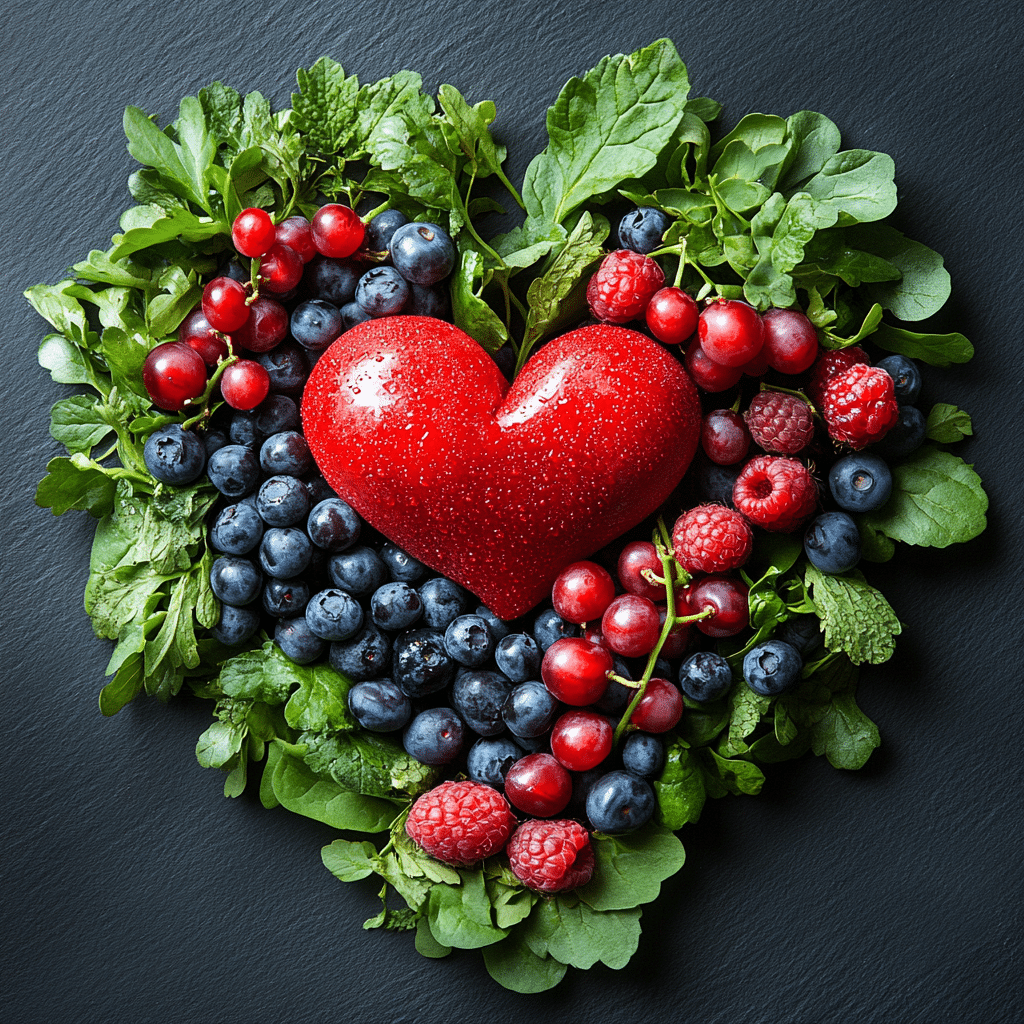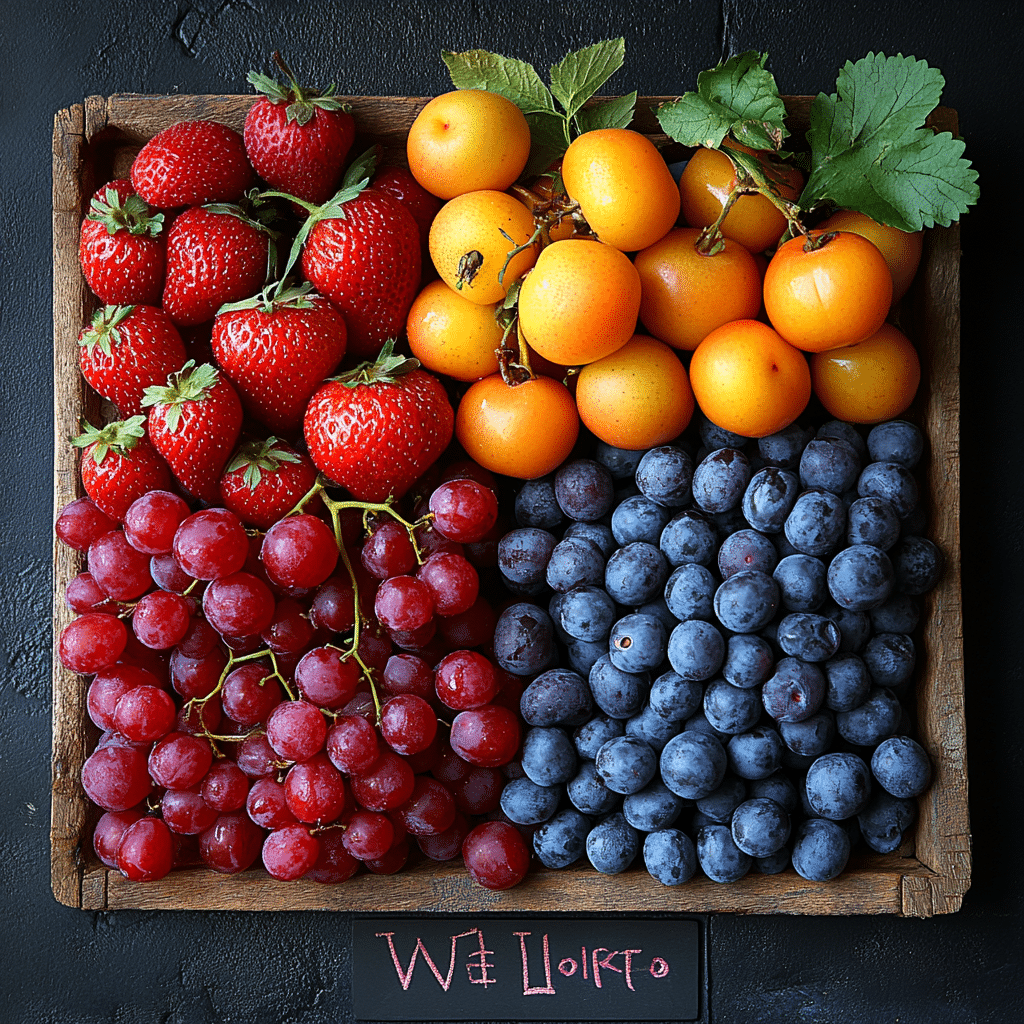Navigating the journey of recovery can feel fraught with struggles and uncertainties. For many, diving deep into Nutrition and Wellness in Recovery isn’t just an option; it’s a vital lifeline toward a sustainable, joyful life. As parents, witnessing a child grapple with addiction can be heartbreaking. Understanding how nutrition and wellness can aid in recovery can empower both you and your loved ones. With the right tools and insights, we can create a more hopeful future.

Top 7 Ways Nutrition and Wellness in Recovery Promote Lasting Health
1. Whole Foods Over Processed Options
In recovery, feeding the body quality nutrition shines a light on healing both physically and mentally. Opting for fresh fruits and vegetables, whole grains, lean proteins, and healthy fats can serve as a nourishing antidote to the toll addiction takes. Researchers have highlighted the power of Omega-3 fatty acids, especially those in salmon, walnuts, and flaxseeds. These little gems can significantly boost brain function, providing the sharpness necessary for those battling addiction. Making a simple switch to whole foods is a step toward a brighter tomorrow.
2. Hydration: The Unsung Hero
Let’s not overlook the magic of water! In the bustling journey of recovery, staying hydrated is crucial for mental clarity and emotional balance. Studies reveal that proper hydration can noticeably impact cognitive performance. Brands like Smartwater and Essentia come in handy, just remember to keep that bottle close. Drinking enough water is like taking a refreshing breath of fresh air—your mind and body will thank you.
3. Mindful Eating Practices
Eating isn’t just about sustenance; it’s about building a relationship with what we consume. By practicing mindfulness during meals, individuals can develop healthier eating habits. Mindfulness encourages tuning into hunger cues and appreciating the flavors, texture, and aromas of food. Integrating meditation or yoga alongside mindful eating can reduce stress, which is essential for emotional stability—invaluable for navigating recovery’s ups and downs.
4. Nutritional Supplements for Optimal Health
Sometimes, our bodies need a little extra support. Nutritional supplements can be a great ally on the road to recovery. B-vitamins are essential for brain health and mood regulation. Brands like Garden of Life and Nature Made provide quality options that can fill gaps in nutrition and recovery needs. Don’t shy away from supplements; they can be a thoughtful addition to a well-rounded diet.
5. Integrating Herbal Remedies
Give herbal remedies a whirl! Herbs such as ashwagandha (for stress relief) and milk thistle (for liver health) can be beneficial in poised recovery journeys. Exploring products from reputable brands like Gaia Herbs or Traditional Medicinals might just add some healthy flair to your daily routine. These natural wonders can offer both comfort and support as you traverse the path of recovery.
6. The Role of Probiotics in Gut Health
Gut health may not seem like the first consideration in recovery, but it’s profoundly connected to mental well-being. Emerging research shows a healthy gut influences mood regulation. Incorporating probiotic-rich foods, such as yogurt from Siggi’s or plant-based offerings from Kite Hill, can enhance gut microbiome balance. It’s like sending in reinforcements for emotional health!
7. Creating a Supportive Community Around Food
Healthy connections are foundational in the recovery journey. Engaging with others who share a focus on nutrition and wellness can be uplifting. Jumping into local meal prep classes or community gardens provides emotional support, education, and a sense of belonging. Programs like Cooking Matters empower individuals with skills to prepare nutritious meals, promoting communal ties while focusing on better health.

The Interconnectedness of Nutrition and Emotional Healing
The ties between Nutrition and Wellness in Recovery extend far beyond physical needs; they significantly mold emotional and psychological health. Food choices can directly influence neurotransmitter activity, which is key for navigating mood stability. By striving for balanced meals, individuals can foster resilience against cravings, building a shield against potential relapse. Integrating nutrition education into recovery programs helps individuals draw connections, fostering an understanding of how meals impact overall well-being.
Emphasizing Holistic Practices for Lifelong Wellness
Integrating holistic practices into our daily routine can certainly amplify nutritional benefits. Techniques like art therapy, yoga, and mindfulness meditation don’t just complement nutritious diets—they enhance them! Organizations such as The Mindful Way to Recovery focus on teaching individuals how to blend these practices into everyday life. By fostering such habits, individuals support lifelong healing with gentle grace and resilience.
Create Lasting Change through Education and Empowerment
Empowering families with knowledge about nutrition can be profoundly impactful. Workshops, meal planning classes, and nutritional seminars serve as stepping stones toward informed dietary choices. By promoting awareness about the link between nutrition and sustained wellness, families can create an environment that uplifts and supports their loved ones in recovery. Change doesn’t happen overnight, but with education and support, it becomes a beautiful reality.
The road to recovery may be winding, yet by embracing Nutrition and Wellness in Recovery, individuals can build a strong, supportive base for lifelong healing. The transformation fostered by hundreds of small, nourishing choices leads to a flourishing future filled with health, hope, and the resilience necessary to face life’s challenges.
If you’re seeking further support, explore our resources at Mothers Against addiction, uncover invaluable Addiction resource Directories, or take the first step in Finding a therapist who can provide personalized guidance for recovery.
Recovery is not a destination. It is a journey—a holistic adventure grounded in love, guidance, and the nourishment we choose to embrace. Let’s walk this path together.
Nutrition and Wellness in Recovery
The Pillars of Nutrition
Nutrition and wellness in recovery go hand in hand, playing a vital role in helping individuals regain their strength. Did you know that certain nutrients can significantly influence mood and cognitive function? For example, Omega-3 fatty acids found in fish can potentially reduce depression, which is often linked with addiction recovery. And speaking of connections, just like the surprising ties between the JFK assassination game and historical events, our dietary choices can impact not only our physical health but also our mental well-being. Eating a balanced diet helps repair the brain’s wiring, much like how the revisions of a national signing day 2022 can show new opportunities for athletes.
Food as Medicine
When you think about it, food truly is medicine. It fuels our bodies and minds, making it crucial during recovery. For instance, vitamins like B12 can boost energy levels, and proteins are essential for brain function. This isn’t unlike how our cherished movies, like Jack Black’s role in Shark Tale, showcase resilience and fun, reminding us that a positive mindset can help in the recovery journey. However, while embracing nutrition, it’s important to remember that balance is key. Just as the perfect pair of white shoes For Women can elevate an outfit, the right mix of foods can elevate our overall wellness.
Cultivating a Supportive Environment
Lastly, the environment you create around your nutrition journey is just as critical. Support from family, friends, and community can lift spirits and encourage healthier choices. And hey, change is a process! Just like getting a 30-year fixed mortgage takes time and commitment, so does refining your nutrition and wellness in recovery. By surrounding oneself with positive influences and focusing on sustainable practices, individuals can pave the way for lasting change. It’s all about making small, meaningful adjustments that lead to lifelong healing. So, let’s dig in and explore how these healthy habits can flourish together!





























